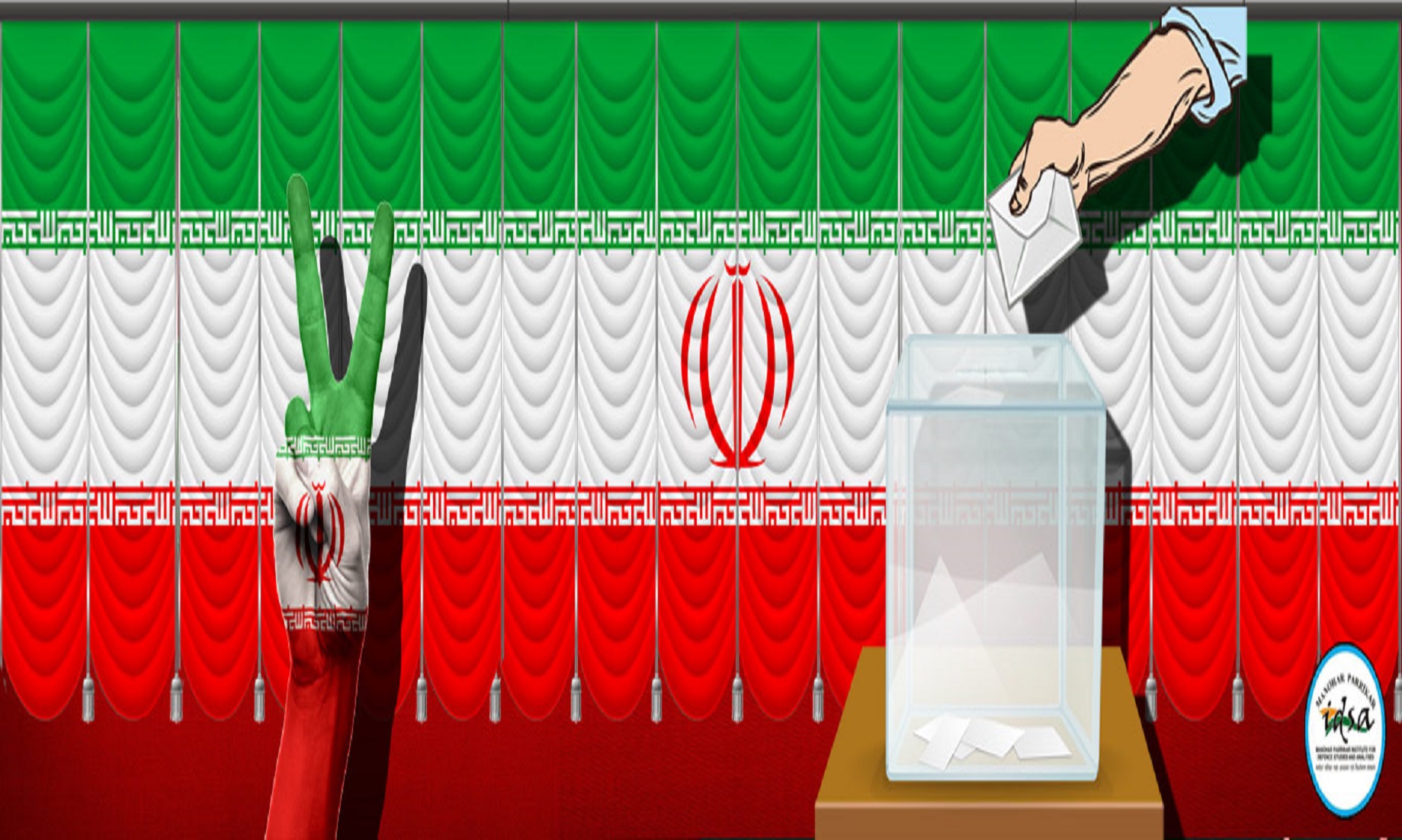TEHRAN, Jun 10 (NNN-IRNA) – Economic growth and people’s livelihood, in particular, are the main focus of presidential candidates running for Iran’s 13th presidential election slated for Jun 18.
On May 25, the Constitutional Council of Iran approved the qualification of seven applicants for the race, in the upcoming presidential election. Having launched their campaigns, the candidates have already taken part in two rounds of television debate and proposed how to promote economic development and improve people’s livelihood amid the economic sanctions imposed by the United States.
In May, 2018, then U.S. President, Donald Trump, terminated Washington’s participation in the 2015 Iranian nuclear deal, formally known as the Joint Comprehensive Plan of Action (JCPOA), and unilaterally re-imposed its sanctions on Iran, in a bid to cripple the country’s economy.
Mainly targeting Iran’s oil and banking sectors, two main wings of the country’s foreign trade, the sanctions troubled Iran’s economy, with their main pressure being on the people.
To tackle the country’s economic problems, each candidate, however, has his exclusive plan, with some urging efforts to remove the sanctions and others suggesting adopting other strategies and regarding the sanctions as opportunities to boost the country’s production.
Mohsen Mehr-Alizadeh, former vice president and a candidate affiliated with the reformist camp, one of Iran’s two main political camps, described economic rents as the domestic economy’s main problem, saying that, by removing existing obstacles to boosting production, the country’s output, along with exports can improve and inflation can gradually go down.
Seyyed Ebrahim Raisi, a candidate of the principlist camp and incumbent judiciary chief, said, people want to see a palpable improvement in their livelihood, which would be a priority of his would-be administration.
Raisi noted that, to reduce prices of essential goods in domestic market, reliance on foreign currency resources is required to be minimised, through achieving self-sufficiency in the production of such products.
He stressed that the sanctions, threats and obstacles are required to be turned into opportunities for stimulating economic growth and boosting domestic production.
Meanwhile, Raisi said, housing is also a main concern of the people, estimating that his potential administration would build four million housing units in the next four years.
He added that corruption and economic rents are among the main problems to be addressed by his potential administration.
Another principlist candidate, Mohsen Rezaei, who is also the secretary of Iran’s Expediency Council, stressed that, if elected, his administration would continue the nuclear negotiations, pledging to raise the monthly cash handouts for low-income classes.
Abdolnaser Hemmati, former governor of the Central Bank of Iran, maintained that, it is impossible to manage domestic market through implementing price controls, and instead of interfering in the market, the government is required to implement measures for better market performance.
Prices must be set by the market, he said, warning that, imposing price controls leads to the distribution of economic rents.
Amir-Hossein Qazizadeh-Hashemi, a candidate and member of Iran’s parliament, stressed that, the private sector is required to be given a more significant role in the domestic economy.
A public economy, he said, is a financial system in which people play a major role, and setting up agencies and cooperatives will help make the domestic market more competitive.
Qazizadeh-Hashemi warned against the establishment of large economic agencies, saying, that would fail to contribute greatly to boosting domestic production and stimulating economic growth.
He also promised to continue the implementation of a targeted subsidy plan, initiated a few years ago under ex-president Mahmoud Ahmadinejad, which involves a phased elimination of subsidies, paid by Iranian government on energy carriers and supplants them with monthly cash handouts, given mostly to low-income classes.
Principlist candidate, Saeed Jalili said, what the country needs at present is a long-term vision and outlook and a huge leap forward, and unemployment is people’s main problem.
Jalili, a former top nuclear negotiator in the administration of former president Ahmadinejad, said, the country is prepared for a surge in domestic production, which will lead to a boost in employment and economic growth.
Jalili said, he is not against the continuation of the nuclear negotiations as it is a way to lift the sanctions, but it is not the sole way.
He tweeted on Tuesday that his would-be administration has a positive attitude towards the nuclear negotiations and it is a leverage to safeguard people’s rights.
Principlist candidate, Alireza Zakani said, housing and unemployment are the people’s main concerns, and boosting domestic production will be a main focus of his would-be administration, as it helps stimulate economic growth.
Tourism industry can play a significant role in increasing domestic output, said Zakani, a former lawmaker.
On the sanctions’ adverse impact on domestic economy, he assured Iranians that the sanctions can prove futile with more reliance on domestic capabilities and further implementation of the JCPOA.– NNN-IRNA





